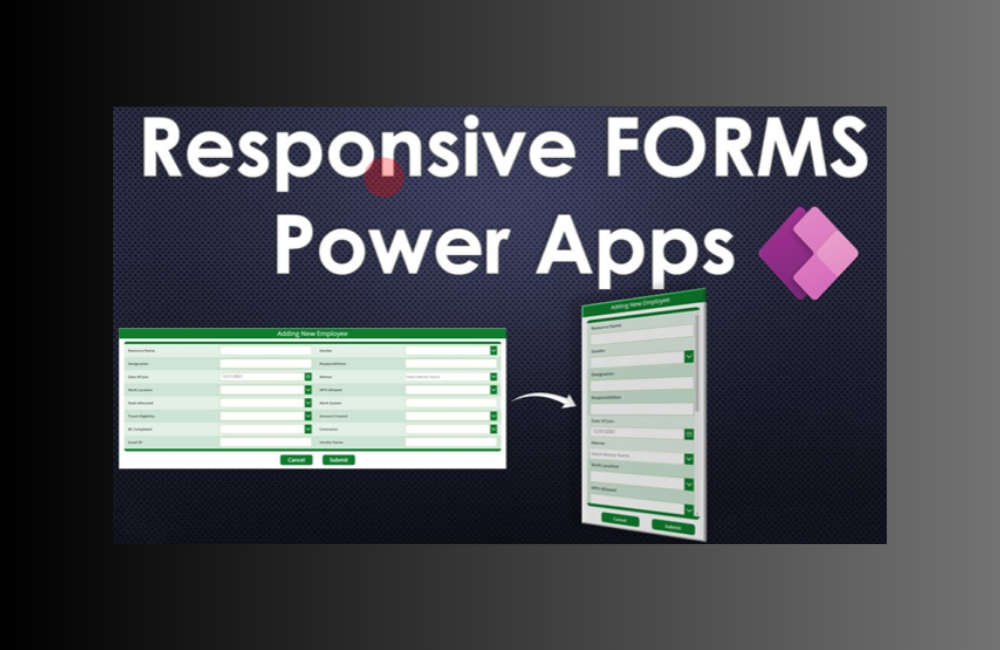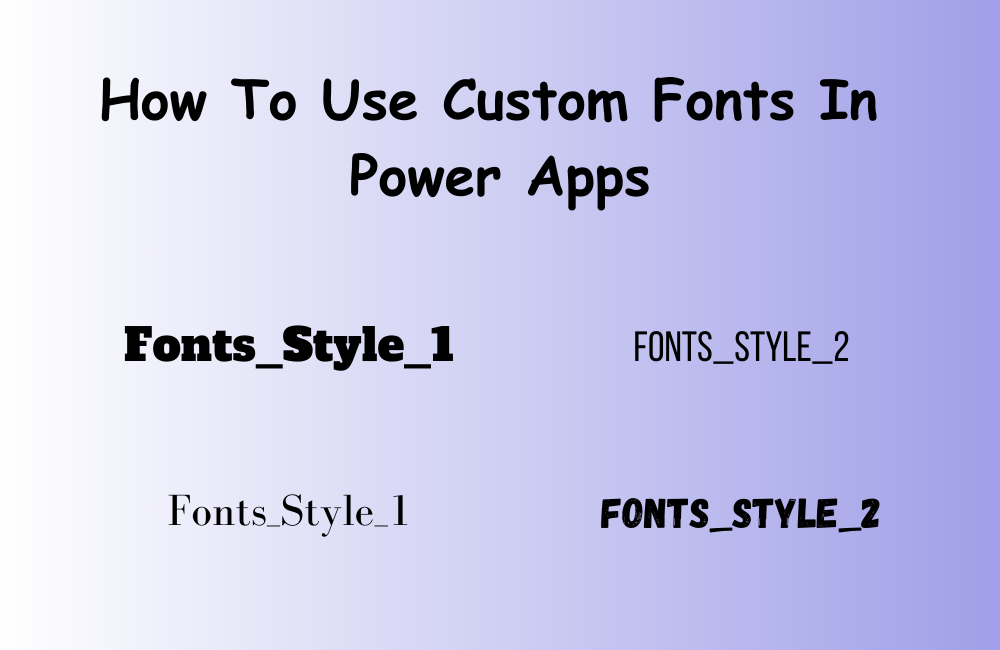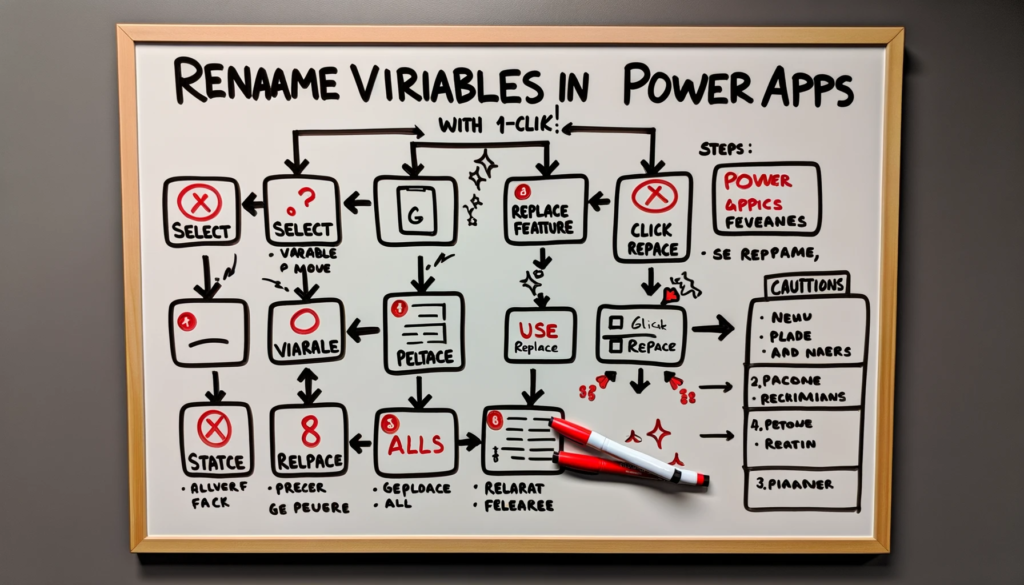Understanding AddColumns in PowerApps: Delegation, Limitations, and Workarounds
Introduction:
PowerApps packs a myriad of features, yet the ‘AddColumns‘ function often confounds developers. In this article, we’ll delve into the ‘AddColumns PowerApps Delegation Limitations‘, illuminating its complexities.
Understanding the AddColumns PowerApps Delegation Limitations
When app developers struggle to fetch over 2000 records, questions emerge about its delegation capability. These ‘AddColumns PowerApps Delegation Limitations’ can be tricky, but PowerApps provides helpful ways to navigate them. Let’s unravel this.
Dissecting AddColumns in PowerApps
The AddColumns function is essentially a client-side function. It takes a data source input and outputs an augmented table with user-defined columns. The official PowerApps documentation offers a comprehensive guide. Since AddColumns works locally, it doesn’t delegate or offload tasks to the data source.
Navigating the AddColumns PowerApps Delegation Limitations
Consider a scenario:
You’ve connected a gallery control to a SharePoint property list with over 2,000 entries. At first, all records show up. But, when you limit the app’s data rows to just 5 and use AddColumns to combine, let’s say, bedroom and bathroom values, only five entries appear. Scrolling doesn’t reveal more data, and surprisingly, you receive no delegation warnings. This lack of warning can mislead many developers.
Tackling the AddColumns PowerApps Delegation Challenges
The best strategy avoids using AddColumns in a data control’s items property. Instead, connect the Items property directly to the data source and integrate the extra data within the gallery item template. If you’re working with an SQL Server data source, think about using a SQL Server view.
This method prioritizes server-side additions over client-side ones.
Conclusion:
The AddColumns function in PowerApps can efficiently enhance tables. However, recognizing the ‘AddColumns PowerApps Delegation Limitations’ proves crucial. By grasping its inherent non-delegable nature and understanding data retrieval constraints, developers can make smarter choices and deploy powerful solutions.
If you encounter challenges or need further insights regarding AddColumns in PowerApps or any other technical query, feel free to contact us. We’re here to assist and guide you!






